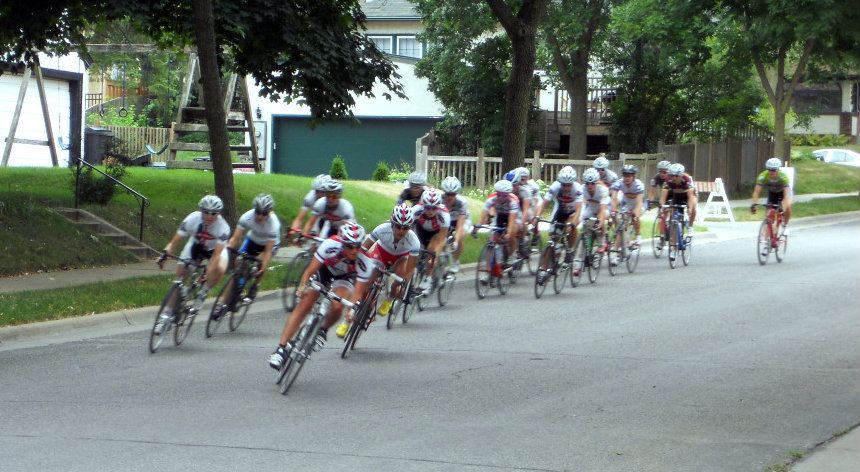That's the pay-off line in anthropologist Joseph Tainter's 1988 book,
The Collapse of Complex Societies. Before and after its publication, others, like Jared Diamond in
Guns, Germs and Steel, have advanced theories for the success or failure of civilizations that are based on geography, environment, politics, military success and other factors. Tainter analyzes 24 different societies that have disappeared through history, three of them extensively, the western Roman Empire, the lowland Mayans and the Chacoans of Chaco Canyon in the San Juan River basin.
His research indicates this:
1. human societies are problem-solving organizations;
2. sociopolitical systems require energy for their maintenance;
3. increased complexity carries with it increased costs per capita; and
4. investment in sociopolitical complexity as a problem-solving response often reaches a point of declining marginal returns.
In the case of the western Romans, their empire reached its apex in the Augustan era, from then on the agricultural complex that made up the Roman pre-industrial economy was forced to produce a surplus to support an ever-growing horde of tax collectors and bureaucrats and a huge army to protect its far-flung borders that didn't merit the expense. The Roman occupation of Britain, for instance, was a net drag on the treasury, they never got as much out of the British Isles as they spent on them. Rome wasn't really defeated by the barbarians, the legions were always more than a match for their less organized opponents. In fact, Roman citizens in the outlying provinces welcomed the Goths, Vandals, Franks and others because their rule was less onerous, and cheaper, than that of Rome itself.
The concept of marginal utility, intuitively known for centuries, was first explained in economic terms by Austrian economist Carl Menger. In Wikipedia: "
In economics, the marginal utility of a good or service is the gain (or loss) from an increase (or decrease) in the consumption of that good or service. Economists sometimes speak of a law of diminishing marginal utility, meaning that the first unit of consumption of a good or service yields more utility than the second and subsequent units.[citation needed] The marginal decision rule states that a good or service should be consumed at a quantity at which the marginal utility is equal to the marginal cost.[1]
An example of this, as applied to problem-solving organizations, would be law enforcement. If a community has a dozen patrolmen, adding one more patrolman, with his wages, benefits, retirement, etc. probably won't increase public safety a little over 8%, as might be expected by mathematical calculation. While the added expense of this patrolman will be the same or more than those already in the force, the benefit will be less, the marginal utility of each patrolman, and the police force as a whole, will have decreased.
Initially, increasing complexity may be beneficial. Hiring those first 10 cops leads to a more peaceful community both from the standpoint of crime prevention and the arrest of criminals. However, as the department becomes more complex, with additional personnel having specialized duties, the marginal utility of the complexity decreases, the benefits of this complexity, paid for by an increasing per capita levy, become less. In law enforcement, here is a good example:
http://www.adn.com/2012/06/28/2524099/wyoming-fugitive-arrested-in-seldovia.html#storylink=misearch.
The states of both Alaska and Wyoming will have spent a considerable sum on this affair when it's all over but the benefits to the citizens of either state are non-existent. And Wyoming will spend even more of its citizens' funds incarcerating this individual. It's a great example of negative marginal utility, the sort of thing that led to the fall of the Roman Empire.
According to Tainter, decreasing marginal utility doesn't necessarily result in the collapse of a society. This can only occur if the society is geographically isolated and not adjacent to another society capable of absorbing it. The world is now so interconnected that collapse will not be limited to any one unique society but will be more likely to affect the entire globe.
 Local rider Tara James shows the results of a mishap on the velodrome Thursday night.
Local rider Tara James shows the results of a mishap on the velodrome Thursday night.
 Velodrome star Linsey Hamilton provided race mentoring to some of the lady riders of the future.
Velodrome star Linsey Hamilton provided race mentoring to some of the lady riders of the future.
 Last year's victor in the elite ladies competition Teresa Moriarity shares a giggle with this year's eventual winner Emma Bast.
Last year's victor in the elite ladies competition Teresa Moriarity shares a giggle with this year's eventual winner Emma Bast.
 Teresa Moriarity leads the women's peloton into a corner on a tree-lined street in south Minneapolis.
Teresa Moriarity leads the women's peloton into a corner on a tree-lined street in south Minneapolis.

 What do two of Minnesota's most accomplished cyclists do on a Sunday when they're not riding in a race? They get on their bikes and ride over to watch one. On Sunday, June 17 Dan Casper, World Master's Individual Pursuit Champion, and Teresa Moriarity, perennial Minnesota elite women's road racing champion, bumped into each other on the course at the NVGP Stillwater criterium and took time to pose for this photo.
What do two of Minnesota's most accomplished cyclists do on a Sunday when they're not riding in a race? They get on their bikes and ride over to watch one. On Sunday, June 17 Dan Casper, World Master's Individual Pursuit Champion, and Teresa Moriarity, perennial Minnesota elite women's road racing champion, bumped into each other on the course at the NVGP Stillwater criterium and took time to pose for this photo.